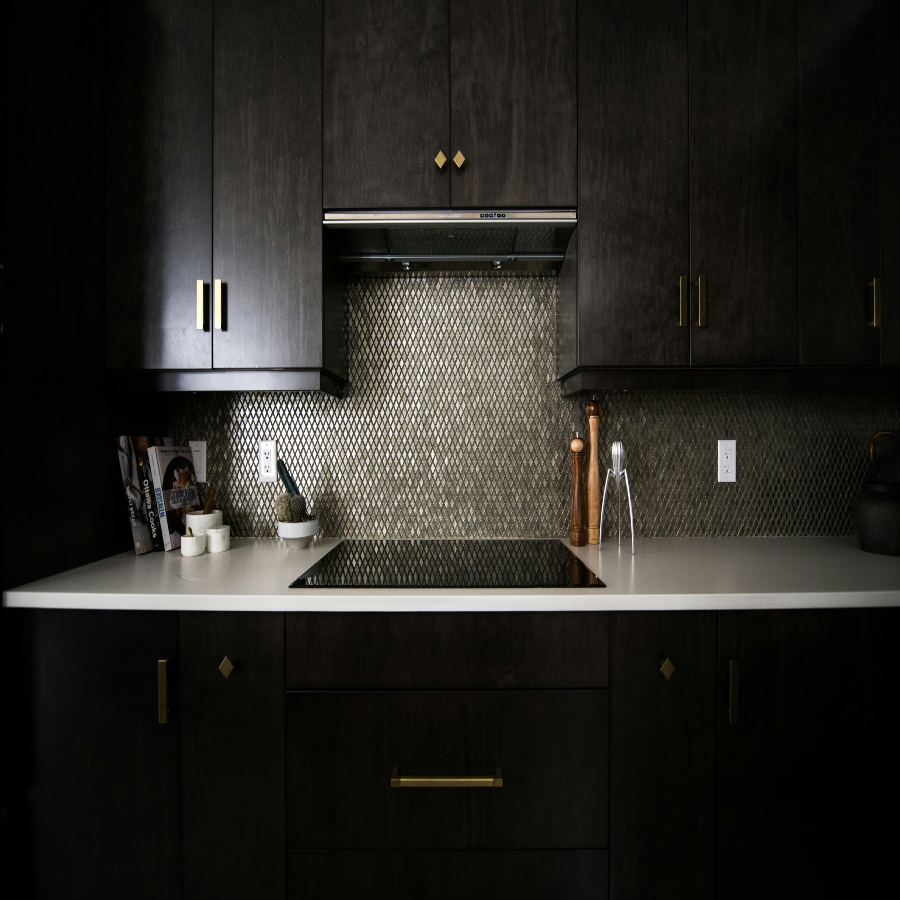On the morning of her last day alive, Tía Reina awoke with a halo of bright pink aligning her forehead.
“A fever,” she told us. “It will pass.”
What she didn’t know then was that she had become a saint overnight (this we learned posthumously, after consulting a couple of priests, a friend of a relative’s Sunday school teacher, and after almost getting in touch with the Vatican). There had been a hitch, we deduced, in the saintmarking process, and Reina had been appointed before her passing when normally this happened after death, in the bodyless limbo of Judgment.
To ease the pain, we offered her Aspirin and ice, but she wouldn’t take anything. She even declined any homemade remedies that would usually do the trick.
“It will go away,” she said. “I feel fine.” Then she went to the closet, pulled out a bucket and a mop, and started to clean around the whole house.
Towards the end of her life, Reina had had three main priorities: her faith, her home, and her family. Despite constant pressure from her mother, she never married or had any children of her own. Her life had become a perpetual cycle of cooking, cleaning, and praying.
“I am happy with what I do,” she’d explain, amid our badgering at family get-togethers. “I am at peace when I can think and breathe in a clean, white room.”
The church she attended was all white, too, both inside and outside, with the exception of the wooden pews and the kaleidoscope of colors from the stained-glass windows. We’d even joked that her house was more spotless than the holy house, much to her objection.
By late morning, a soft glow had adorned her long, brown hair, so that it looked reddish in the light. She had always been marveled at for her fairer complexion, while many of us had darker features, so this new luminosity rendered her all the more outstanding.
When covering her head in a scarf did nothing to subdue her hairlight, she clicked on all the house lamps despite the early hour.
“My old eyes need to see better,” she said as she filled a large plastic bowl with water from the kitchen sink.
After this, she began her alchemy of disinfection, hunched over the bowl as if it were a neon-colored cauldron. This was a science only she knew – how many droplets of green soap; whether to add baking soda or bleach, vinegar or lemon juice. She would stir the contents, humming quietly to herself, until the whole of the kitchen smelled sterile (we sometimes wondered if the fumes alone could erase grime). Next, she would soak rags of old t-shirts in the mixture and use these to wipe countertops, windowsills, and tables alike. A bowlful of this concoction usually lasted half a week, by which point the surfaces of Reina’s home were immaculate enough to turn tap water holy.
When Tía Reina’s ritual of cleaning was finally finished for the day, she sat to eat dinner. Though she normally cooked for all of us, even after all her labor, today she moved more slowly.
“Don’t strain yourself,” we told her. “Let us cook for you.”
We supped at a small table, plastic and round. One of the legs was shorter than the others so that the table wobbled every time someone moved a plate of carne or a bowl of frijoles. Later, we’d remember this as Reina’s last time enjoying carne, frijoles, and tortillas. She ate everything with great fervor, and when she was finished, she didn’t belch as she normally did. Instead, she bowed her head and said another round of grace.
After dinner, she went to her bedroom to rest. As she stood to leave the table, she swayed, gripping the rungs of a wooden chair for support. When she found it difficult to take a step, she called for one of us to help her. By now, her entire body had been dressed in brightness, setting the kitchen aglow as if touched by sunlight.
“The fever,” she said. “Too hot.” Her eyes were closed as she said this. We guided her to her room and laid her on her bed as gently as a sacrament, then kissed her searing forehead and left her for the night.
We found her the next morning, well past the mopping hour. On any other day of her life, her floors would be glistening with wet by now, her hands smelling strongly of detergent and lemons. She lay on her bed, unmoving. All light had left her now. We bent low over her, touched her upon the brow, and said some prayers.
In time, the Heads of Church came and marked the house as a Holy Sight, the Church’s devout equivalent of a crime scene. Where cautionary tape would be stretched across the outside fences; instead, a perimeter of holy water was sprinkled around the yard.
And though Tía Reina was gone, her kitchen retained its immaculacy. The room was so white it glowed, and what was believed to be a divine layer of bleach and supermarket-grade cleaning products prevented any filth from ever appearing on the walls and floors. Eventually, it was converted into a shrine to commemorate the Patron Lady of Soap and Water and was named ‘The Church of Our Lady of Clean Kitchens.’ Mothers and grandmothers from different counties would bring their children and surround the sanctuary with biblical simulacra wrapped neatly in saran; babies were brought to be baptized in the sink; the oven was used to make sacramental bread. We held services once a week, only on Sundays, to propagate the teachings of Santa Reina. Throughout, our hymns and voices echoed like the sound of running water spilling from a faucet.

